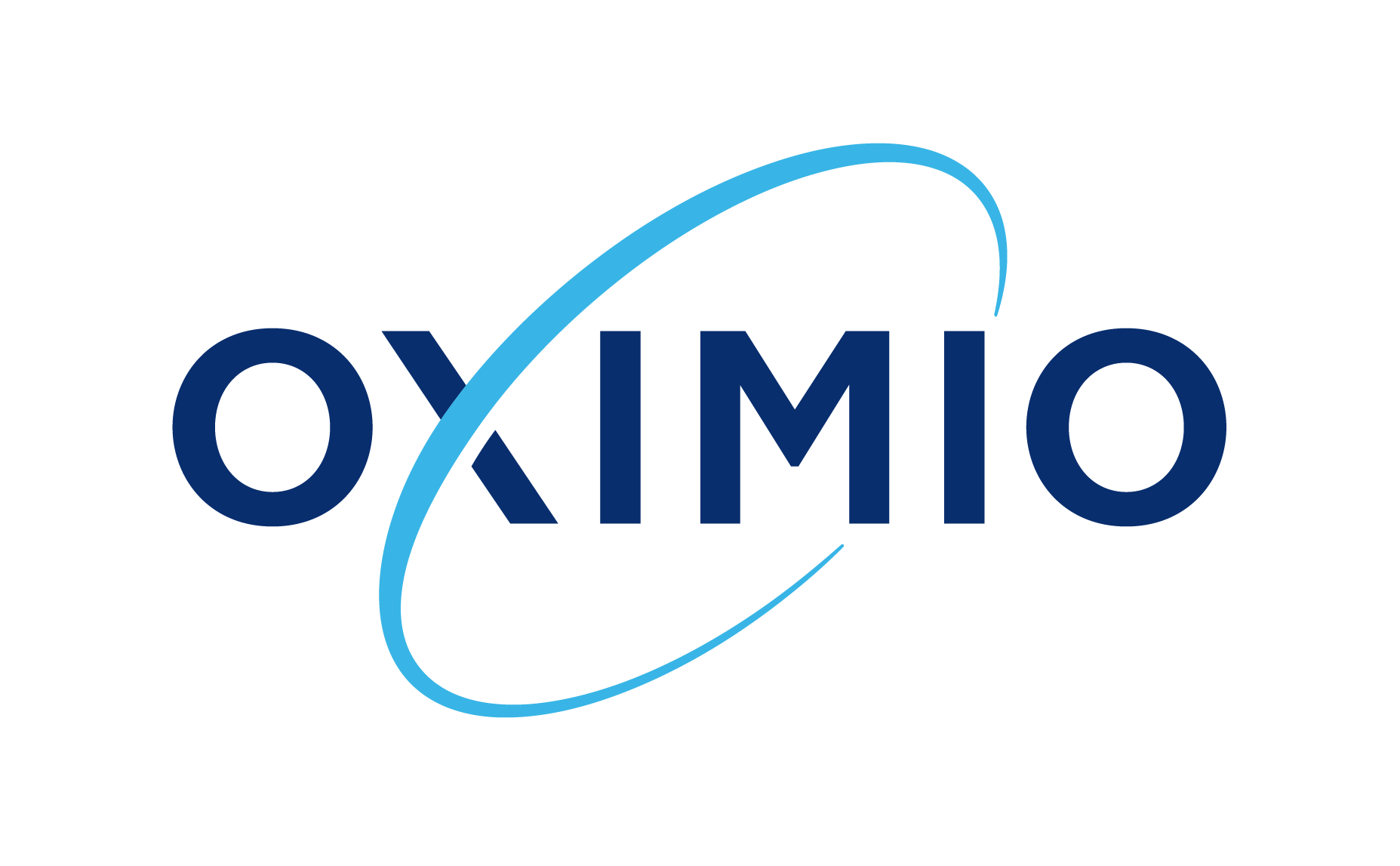Protocol deviations, trial redesign and contingency planning are all realities for sponsors running clinical trials in Ukraine during the war. Disruptions are unavoidable, for example when scheduled study visits cannot take place, or arrangements need to be made to transfer trial participants who are fleeing Ukraine, to sites in a different country.
Adaptations are required to protect participants’ privacy and treatment regime, including the continuation of ongoing dosing if possible, as well as preservation of data quality generated by the studies.
Despite these disruptions, sponsors and their clinical trial supply chain partners are ensuring that ongoing studies are progressing, and that the processes and infrastructure are in place to resume new start-ups.
Agenda
- The Ukrainian clinical trial market: current situation
- Regulation updates: Recommendations from Ukraine’s MoH State Expert Center
- A first-hand account of the challenges of clinical trials from stakeholders
- New solutions for overcoming disruptions in Ukraine
- Q&A session
Our speakers
- Ivan Vyshnyvetskyy, Managing Director Ukraine, FutureMeds Ltd / President of the Ukrainian Association for Clinical Research
- Dmytro Zavada, Senior Key Account Manager, Oximio
- Oleh Makarchuk, Business Development & Strategic Services, Oximio
- Ievgenii Volynets, Head of Commercial Legal, Oximio
Q&A session
Q: Will you share a version of this in the Ukrainian language/hold future sessions in Ukrainian?
A: We are currently reviewing the demand; if you would like a version of this presentation in Ukrainian, please email communications@smo-group.com
Q: Is destruction possible?
A: Yes, the destruction facility is fully operational in Ukraine to deliver our clinical services, so there isn’t an issue with destruction materials
Q: Who will pay for medicine within Expanded Access Programs after the end of a clinical trial?
A: After the clinical trial, the patient receives free access to medicine.
Q: Will the drugs be given directly to the patient?
A: No, the process starts after the contract/ related documentation around the healthcare facility side is approved. After that stage, the sponsor will coordinate the logistics to transfer the drugs to site, then a doctor will provide the patient with the medicine.
Q: How HHC is aligned with current Ukrainian legislation?
A: As with many locations, home healthcare within clinical trials is not yet fully regulated in Ukraine. Whilst Oximio is a driving force in introducing and implementing such regulation, we have also developed a viable solution whereby Oximio engages the nurses in close coordination with the site staff and PI. This scheme allows us to carry out patient visits while strictly adhering to all legislation requirements. Please contact us to arrange a full and detailed presentation of the scheme.
Q: Do you have legal regulation in place that relates to the e-consent and remote monitoring model? What about facilitating electronic medical records within Ukrainian sites?
A: It was not possible to do an eConsent in the past, but I missed a new update of our MoH order N 690 by 28 March 2022 https://zakon.rada.gov.ua/laws/show/z0412-22#n2. It made eConsent and eSource possible for clinical trials in Ukraine. Electronic records are available, but not to the standard required for the clinical research industry. As a result, we need to adapt and adopt our approach in trials for Ukraine.
Q: Were patient-focused services across Ukraine in operation before the war?
A: A variety of patient-focused services have been provided before the war. These include Patient transfer, direct-to-patient delivery, patient reimbursement services, and meal and food provision. During the war, we adapted these services, thus being able to provide drugs to patients under such harsh circumstances. All these services are now fully resumed and in high demand.
Q: Are you able to pay/transfer money to subjects with reimbursement purposes?
A: In Ukraine, the practice of direct patient payments of reimbursement or compensation for participation in the clinical trial is not very common, but possible. Ukrainian legislation (MoH order 690) restricts payment of compensation only in case if the participant is underaged or disabled\incapacitated. And it is clearly stated in Annex2 that ICF should contain the information about “the amount and conditions of payments to the subject if any (except insurance)” and in para 8.4.13. mentioned that the “information determining the terms of payment of remuneration or compensation to subjects for participation in a clinical trial (if provided for in the protocol of the clinical trial)” should be submitted to LEC for approval. FututerMeds affiliated company in Ukraine has several successful direct patient payments projects conducted for different sponsors and CROs.
